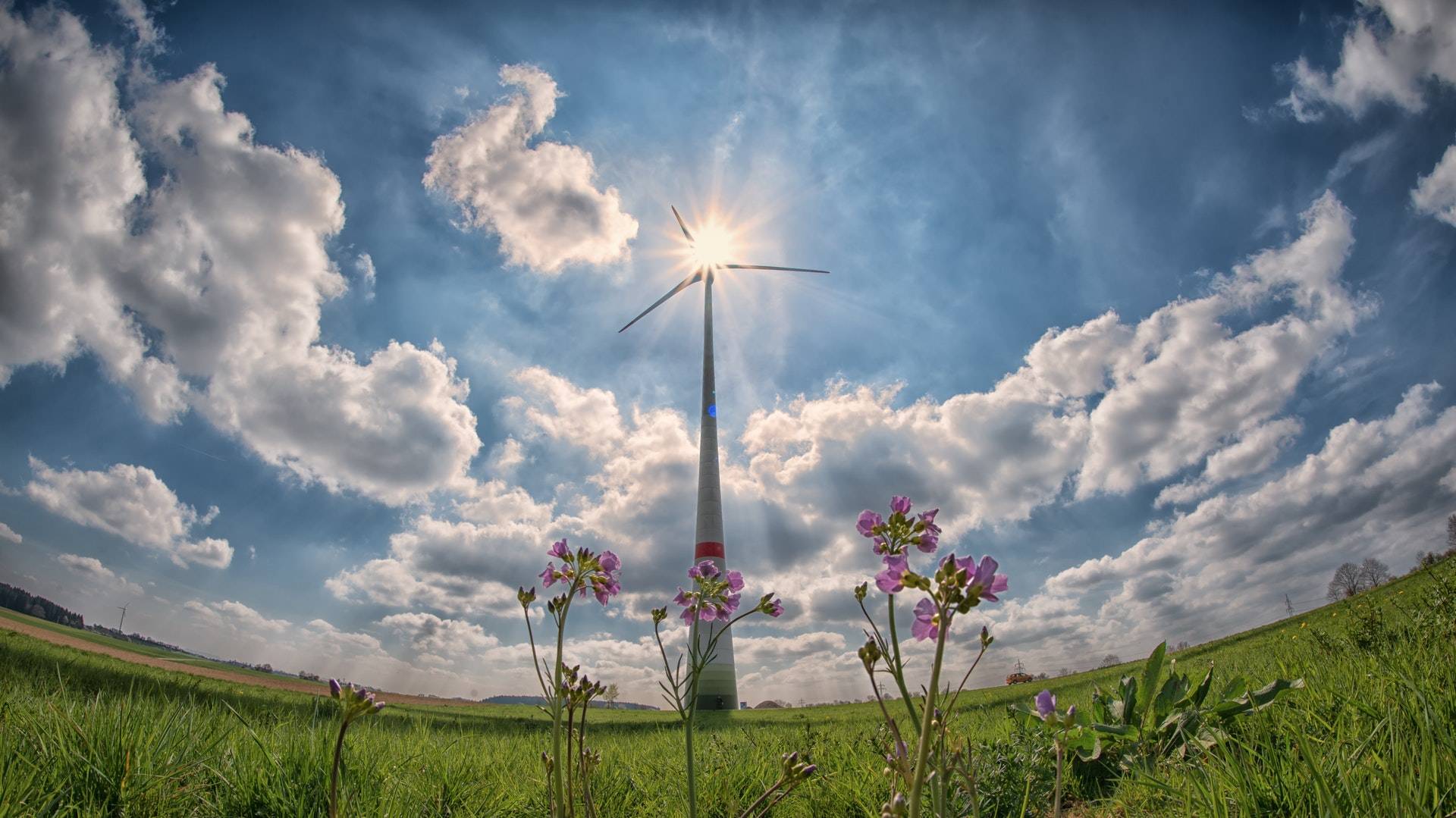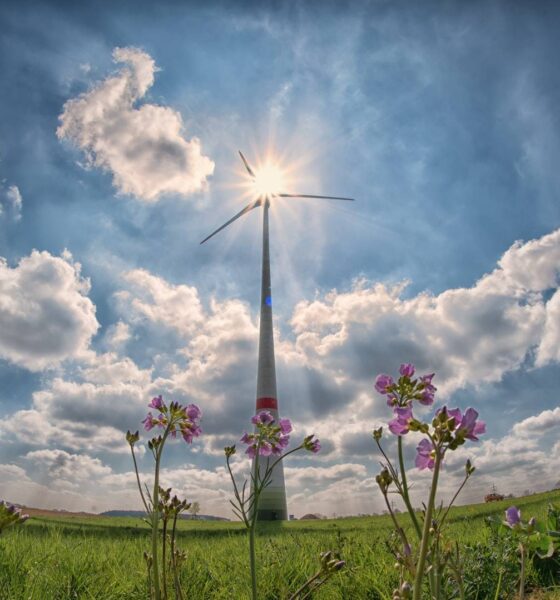When it comes to the environment and renewable energy, there are plenty of skeptics out there – people who deny that climate change exists or believe that coal power can never be replaced by environmentally friendly alternatives.
Here are some of the most common arguments made by renewable energy opponents, and – more importantly – how you can refute them:
Argument 1: Renewable Energy is Too Expensive
The cost of implementing renewable energy has fallen significantly over recent years, both for homeowners and energy producers. As the technology becomes more prevalent, it has become cheaper.
When compared with traditional energy sources, there are other cost savings to be made. Wind and sunlight, unlike coal, are free to use. They also involve fewer hidden costs. Coal and nuclear energy cause water pollution, they impact public health, and they’re contributing to climate change. Governments spend lots of public money responding to these crises making them less cost-effective than they may seem.
Argument 2: Renewable Energy Can’t Meet All of Our Energy Needs
Renewable energy is already working reliably in countries around the world. Every country has the potential to harness wind and solar energy. And many countries are already relying on renewables for a considerable percentage of their energy supply.
Germany gets 25% of its electricity from renewables. Spain gets 42%. Portugal got an incredible 70% of its energy from renewable sources during the first quarter of 2013. And Denmark aims to produce 100% of its heat and power with renewable energy by 2035. With the right infrastructure and government support, renewable energy can certainly meet the majority, if not all, of our energy needs.
Argument 3: Renewable Energy isn’t Reliable
Renewable energy production is in its infancy. In many countries, it operates on a comparatively small scale. And we can’t rely on the wind to blow or the sun to shine consistently. This means renewable energy alone isn’t currently a reliable way to keep the lights on every hour of every day of every year.
However, power sources will increasingly be spread over a wider area. Intelligent technologies will be employed to track and manage energy use patterns. Better storage systems will be put in place. All of these factors will allow dynamic grids to generate, store and share renewable energy for homes and businesses around a country. The bigger the renewable energy industry becomes, the more effective and reliable it will be.
Argument 4: Renewable Energy Production Takes up Too Much Space
The land required for renewable energy sources is actually fairly minor. An MIT study on solar energy found that 100% of energy needs in the U.S. could be met by solar energy if panels covered 33,000 square kilometers of land. That may seem like a lot, but the U.S. already devotes 10,000 square kilometers of land just to golf courses. And then there’s all of the underutilized space such as rooftops, parking lots and landfills where solar panels could be installed.
Argument 5: Renewable Energy is a Fad
Renewable energy is here to stay. It’s a trend that is only just beginning to take hold. Traditional energy producers have tried to stymie its progress. But with climate change at the top of the agenda for many nations, the scope and reach of renewable energy is growing in countries all around the world. And as the industry generates more money, technological advances and efficiencies will be more easily achievable.
It can be frustrating arguing with someone who doesn’t believe in renewable energies. But with the right counterarguments at your disposal, there’s no reason why you can’t debunk the most common of their bogus claims.


 Environment12 months ago
Environment12 months agoAre Polymer Banknotes: an Eco-Friendly Trend or a Groundswell?

 Features11 months ago
Features11 months agoEco-Friendly Cryptocurrencies: Sustainable Investment Choices

 Features12 months ago
Features12 months agoEco-Friendly Crypto Traders Must Find the Right Exchange

 Energy11 months ago
Energy11 months agoThe Growing Role of Solar Panels in Ireland’s Energy Future






























